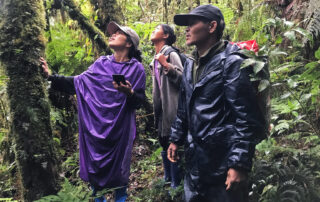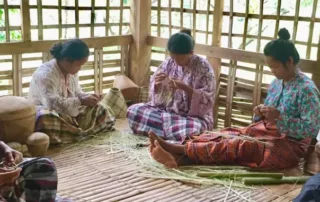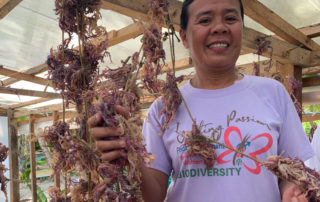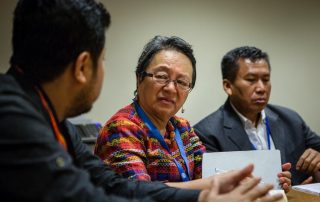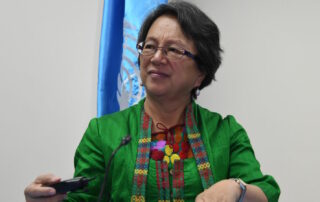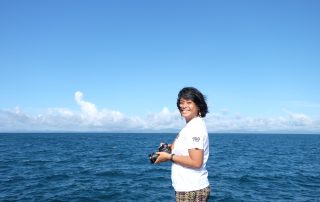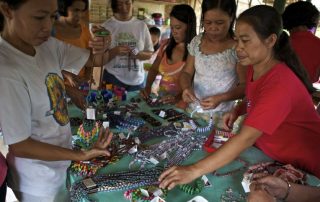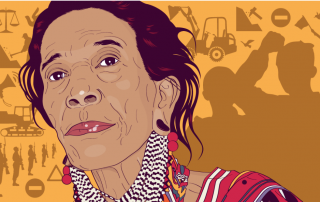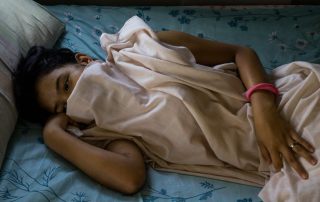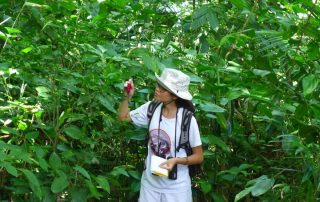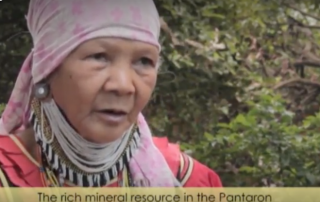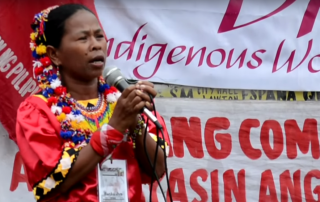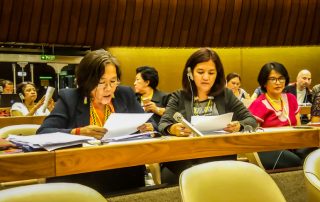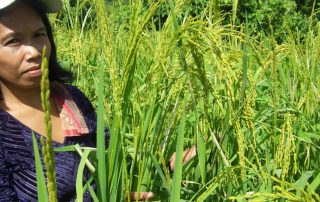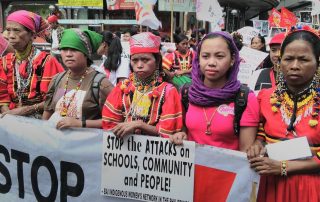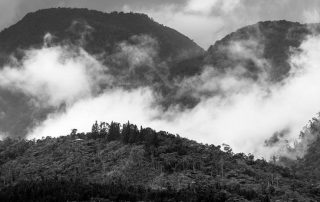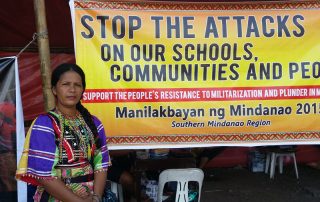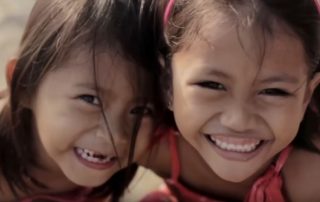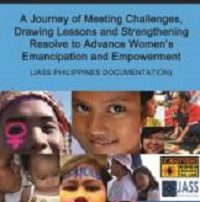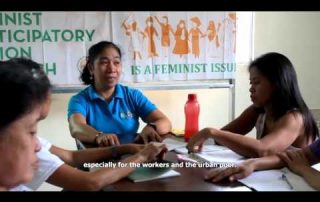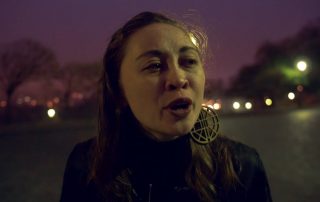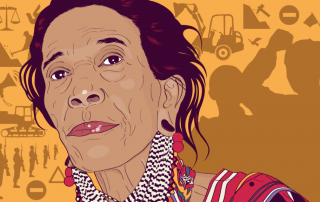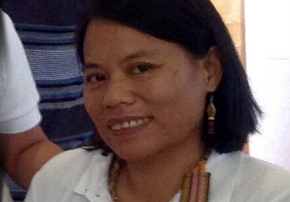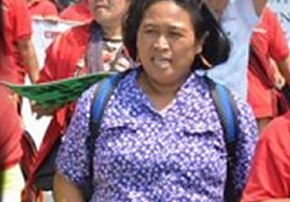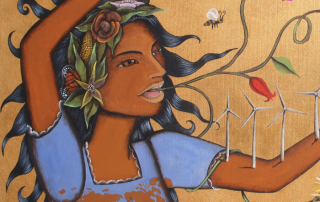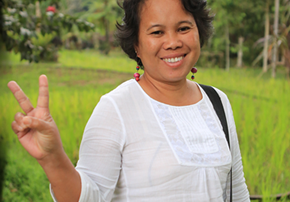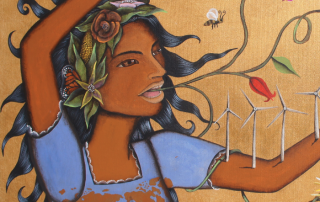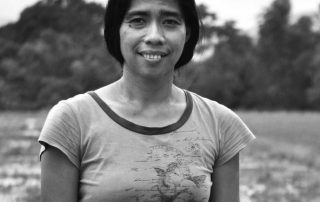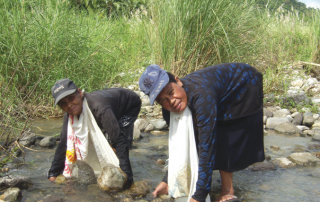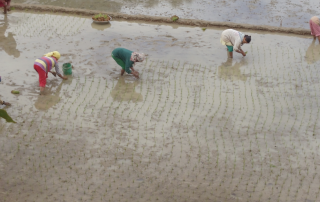Indigenous Youths Keep Ancient Forestry Traditions Alive In The Philippines
This article highlights Michellejean Pinuhan, an Indigenous Higaonon woman from the Mount Sumagaya Region of the Southern Philippines. Pinuhan makes up part of a group of Indigenous youth called basbasonon, volunteers who help keep the ancient forestry monitoring practice of panlaoy -- a process requiring forest immersion where observers take note of the condition of the surrounding environment -- alive. Elders are an integral part, as they lead the basbasonon on forest immersion trips. For the Higaonon youth, panlaoy is an opportunity to learn about traditional forest resource management and to better understand their people’s difficulties with self-determination and land tenure. In 2001, four Higaonon villages from the Misamis Oriental Province formed MAMACILA to stand up for their rights and fight for land tenure. In 2009 the Philippine’s Indigenous Peoples’ commission issued MAMACILA an ancestral domain title including 17,553 hectares of land. Later, in 2016, Mindanao State University conducted a plant study revealing about 52 floral species belonging to 19 families, many of which are under threat. Yet, the study found that the plants grow abundantly within the area, attesting to the many effective contributions of panlaoy. Due to this, the local government created bantay kalasan, a program which subsidizes panlaoy and involves the help of about 80 Higaonon to patrol the forests and monitor biodiversity twice a month. As the territory continues to be under constant threat from land clearing and land grabbing, the Higaonon remain hopeful for the passage of a proposed bill which would recognize customary and traditional governance as conservation measures. Photo Credit: Archie Tulin/NTFP-EP Philippines


